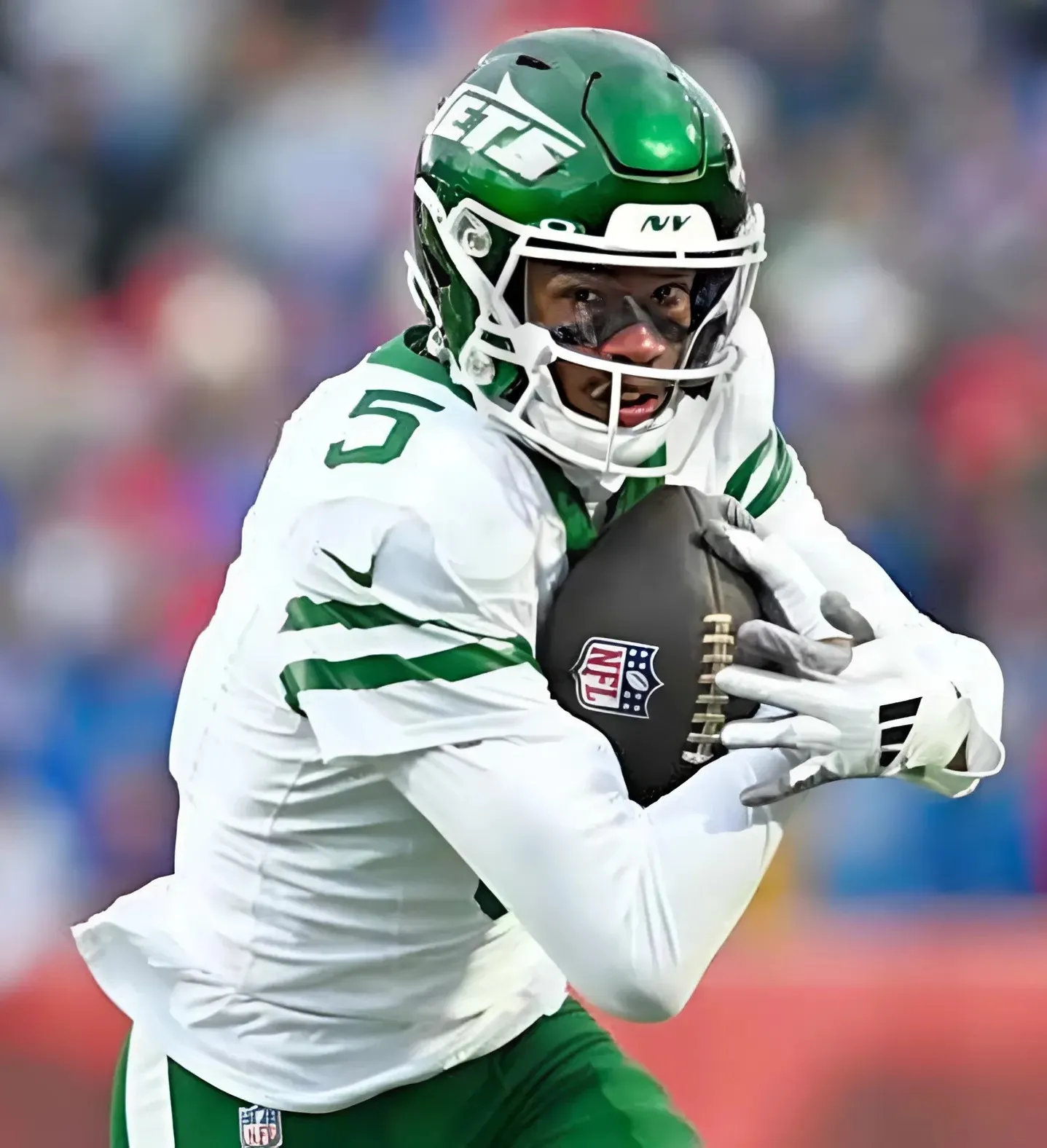
INDIANAPOLIS, IN - NOVEMBER 20: Peyton Manning, former Indianapolis Colts quarterback, reacts during a ceremony honoring the 10 year anniversary of the Super Bowl winning team during the halftime of the game between the Indianapolis Colts and the Tennessee Titans at Lucas Oil Stadium on November 20, 2016 in Indianapolis, Indiana. (Photo by Andy Lyons/Getty Images)
NFL teams do everything they can to avoid “missing” on a No. 1 overall pick. The endless hours of draft prep are to ensure that a franchise-changing player will be entering camp before the next season. The Indianapolis Colts understood that process and effort before selecting Peyton Manning in the 1998 NFL Draft.
Over the years, that top slot has delivered legends like John Elway and Terry Bradshaw, both of whom went on to win Super Bowls in their respective careers. But when you break it all down, it’s difficult to find a QB, player, or person, who has delivered quite like Manning.
On Thursday, a feature story on ESPN ranking the top picks at each spot in NFL Draft history, placed Manning at No. 1 (over all of the No. 1 picks ever).
The Ultimate No. 1 Selection
Manning, or as Colts fans and the general public know him — The Sheriff — entered the league with sky-high expectations and somehow exceeded all of them. He finished his career with five NFL MVP awards, the most by any player in league history.
He was the league’s best quarterback for more than a decade and consistently elevated every team he played on. No one else at the top of the draft brought that same mix of production, consistency and leadership.
Manning won two Super Bowl titles during his 18-year career — one with the Colts and another with the Denver Broncos. The titles came nearly a decade apart and with entirely different rosters and coaching staffs. Even as his physical tools declined in the final years, Manning remained one of the smartest and most reliable players on the field.
His numbers are hard to match. In 2013, at age 37, Manning threw for 5,477 yards and 55 touchdowns in a single season, both of which are still NFL records. That year, he led one of the most dominant offenses the league has ever seen.
Manning’s Impact On Colts and Broncos Franchises
But stats were only part of the story. Manning’s impact came from how he operated. He was essentially a second offensive coordinator on the field, calling audibles, reading defenses before the snap, and controlling the pace of the game. His football IQ set him apart from every other quarterback of his era.
Manning didn’t walk into ready-made dynasties. He helped build them. When he arrived in Indianapolis, the Colts were coming off a 3-13 season. Within two years, they were 13-3. From 2003 to 2010, the Colts won at least 10 games every season. They were Super Bowl contenders for nearly a decade, and Manning was the reason why. The year he missed due to injury in 2011, the Colts collapsed to 2-14. His value to that franchise was never more obvious.
After leaving Indy, Manning joined the Broncos and made an instant impact. Denver won four straight division titles with him at quarterback. He took them to two Super Bowls and won one in 2015, his final season before retirement. He didn’t just fit into their system — he reshaped it around his skillset and experience. Few quarterbacks in history have elevated two separate franchises the way Manning did.
He was the engine behind every team he played for. And he wasn’t just a football player — he became part of the sport’s culture. From his “Omaha” pre-snap calls to memorable commercials, Manning’s reach extended far beyond the field, and still does in 2025.
If the top overall pick is meant to deliver a player who defines a generation, Manning did exactly that. He brought wins, stability, records, and respect to every locker room he ever walked through.
Derek Hryn Derek Hryn is a writer for Heavy.com. He has extensive experience covering the NFL, NBA, MLB, NCAA football and basketball, along with providing expert fantasy football analysis for DraftKings and SB Nation. His work has been featured at Sports Illustrated, USA Today, NBC Sports, The New York Post, and others. More about Derek Hryn
-1749898727-q80.webp)


